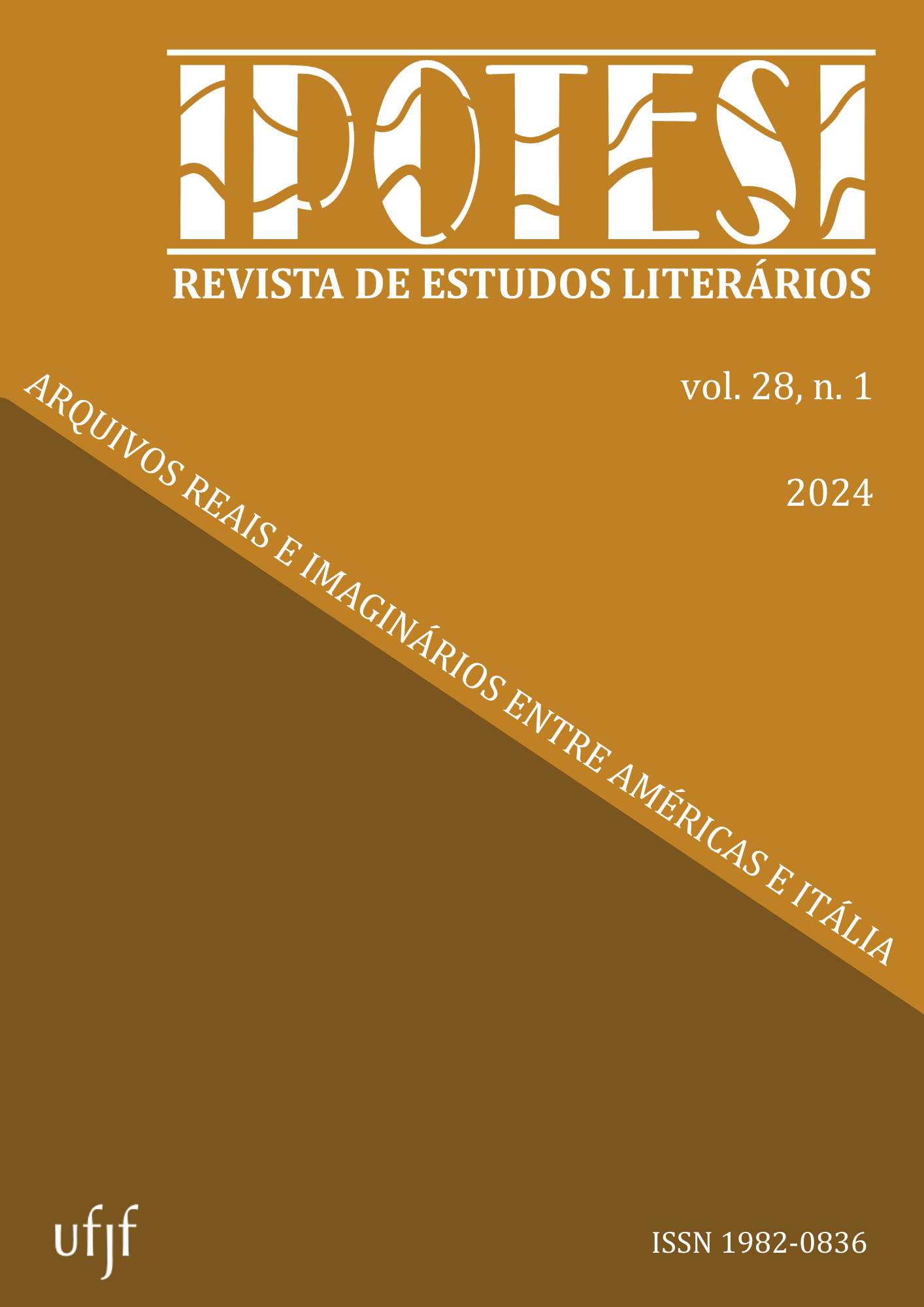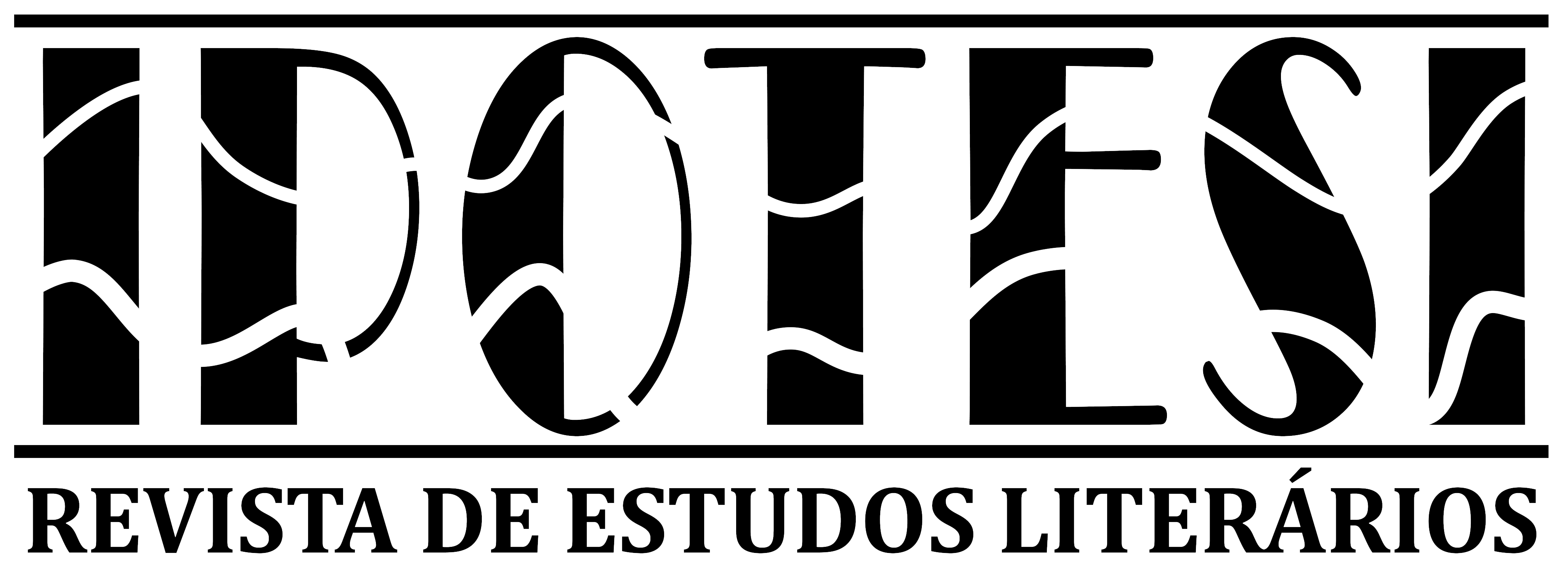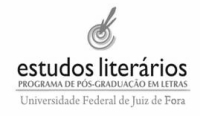v. 28 n. 1 (2024): Arquivos reais e imaginários entre Américas e Itália

Esta proposta temática se insere na área dos estudos comparados que compreende a cultura dos países americanos de língua portuguesa e espanhola e a italiana, no intuito de reunir contribuições que tratem do rico emaranhado de trânsitos culturais entre essas regiões do mundo. As vertentes podem abranger tanto textos relacionados à análise de arquivos imaginários (pense-se nas representações, até mesmo estereotipadas, que vêm de um acervo imagético que não passou necessariamente pelo crivo autobiográfico, experiencial, do autor) quanto aqueles oriundos de uma vivência efetiva, de uma memória biográfica, pautadas em mudanças, estadias, viagens e contatos, relidos e “traduzidos” por meio de representações e transfigurações documentais e/ou ficcionais. Há, por exemplo, o caso de J. Rodolfo Wilcock, argentino que se muda para a Itália e passa a escrever em italiano; J. L. Borges, que lê Dante; Italo Calvino que lê o próprio Borges, que depois aparece também nos versos de Giorgio Caproni; a Commedia relida desde os Andes por Gamaliel Churata; as célebres viagens de Marinetti, Ungaretti, Gadda, Pasolini e outros, que passaram pelo território latino-americano; as visões mexicanas de Carlo Coccioli e Pino Cacucci. Pode-se ainda pensar no movimento contrário de José Carlos Mariátegui, Manuel Puig, Clarice Lispector, Murilo Mendes, Cecília Meireles, que tiveram uma experiência na Itália relatadas em suas obras, ou na imagem contida nas narrativas de Vitaliano Trevisan e Paolo Sorrentino de um Brasil como lugar de fuga, alienação e recomeços. Objetivo do dossiê é reler essa rede, às vezes rizomática, constituída de relações históricas e culturais, assim como de um fluxo descontínuo de leituras, interpretações e símbolos, a partir também da problematização de suas tensões, em suma “desarquivando” do seu limbo todo esse patrimônio histórico e imagético.









